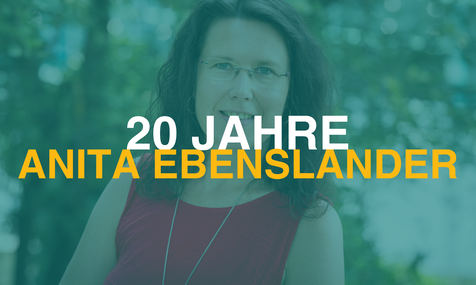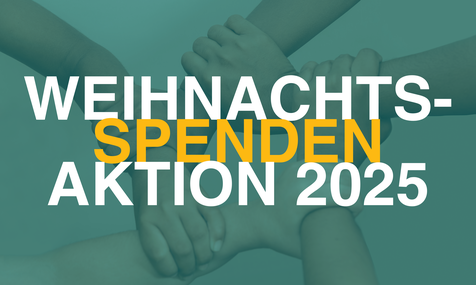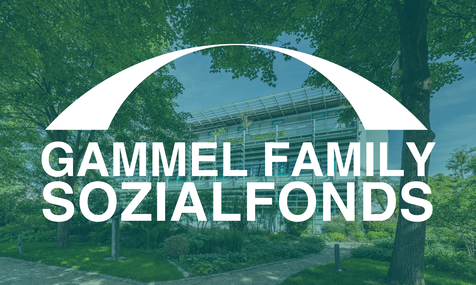An energy market design study is surprising: Those who pay do not create here...
The study authors criticize in particular the so-called merit order effect, which is decisive for electricity exchange trading. (Link: en.wikipedia.org/wiki/Merit-Order)
Admittedly: The merit order effect has been known for a long time. It means that the more renewable wind or solar power, the cheaper the exchange price for it, because once installed, green electricity from solar and wind has a "marginal cost of zero". However, the transmission system operators (TSOs), who have to market this green electricity fed into the grid on the exchange, don't care: they get the price they pay to the feeders according to the EEG back through the EEG surcharge.
At the same time, with more green electricity in the energy mix, the electricity price for consumers rises massively: they in particular subsidize the partly free exchange electricity with ever-increasing EEG surcharges, while many large electricity consumers are exempt from the surcharge. What's more, large consumers can enjoy the exchange electricity at "zero marginal costs", i.e. they get it virtually for free.
So far, people from the renewable energy sector in particular have been calling on politicians and the "old" energy industry to abandon the merit order system. This is usually dismissed as a lobbyist demand. But the fact is that if there is too much electricity in the grid, the transmission system operators decide whether wind power or a nuclear power plant, for example, should be curtailed. Just recently, the Gundremmingen nuclear power plant was running at 50 percent capacity while wind turbines were shut down.
But now the SNV, of all people, has made the same demand as the green energy associations: Away with merit orders. "It is no longer possible to allocate energy volumes efficiently over time. We therefore need to fundamentally rethink pricing in the age of (virtually) marginal cost-free generation." This is exactly what it says in the study published recently by the "independent think tank that develops concrete ideas on how German politics can shape technological change in society, the economy and the state".
"Independent" is the name of the foundation because it is based on "mixed funding from foundations, public funds and companies". However, the "Innogy Foundation for Energy and Society" established by RWE alone contributes almost a sixth of the think tank SNV's published annual budget. And Evonik Industries AG - formerly Ruhrkohle - also covers a few percent of the costs, alongside the Bertelsmann Foundation, the Federal Foreign Office and Allianz SE; according to SNV, there are 33 "sponsors" in total.
It seems as if the Stiftung Neue Verantwortung (New Responsibility Foundation) has violated the supposedly widespread principle of "he who pays, creates" in this study and actually carried out an independent analysis. After all, it is not corporations but consumers who would feel the effects of the abolition of the merit order: the electricity price for them is likely to fall.
It remains to be hoped that the "supporters" of the think tank, from Innogy to Evonik, don't just file the study away without reading it, but take its findings seriously.
Download the study: www.stiftung-nv.de/sites/default/files/digitales.marktdesign.pdf
(Author: Zukunftsenergie-Team Gammel)



